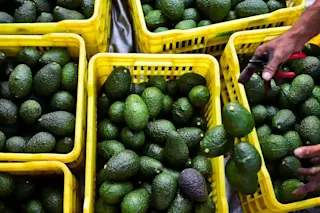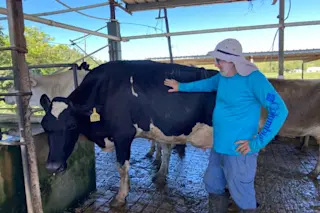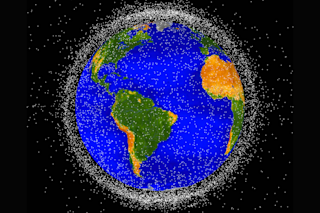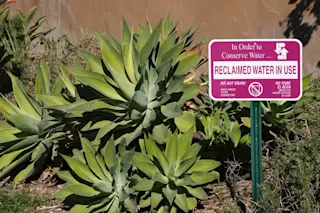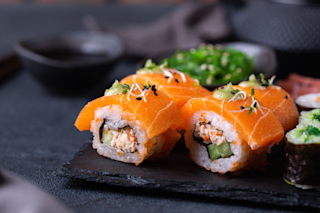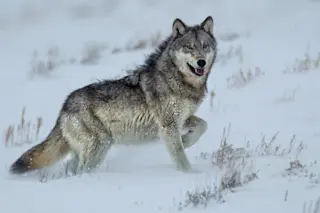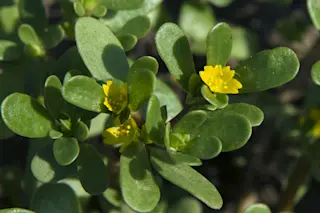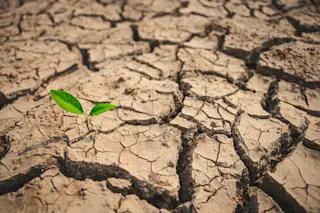The London Based SciDevNet, which is "committed to putting science at the heart of global development," has an interesting post up today entitled, "Is science journalism ignoring censorship?" The questions raised by the author, Nick Ishmael Perkins, are first discussed in the context of traditional censorship issues, such as when governments restrict access to information. This is fairly straightforward. What is more vexing and hard to quantify is the problem of self-censorship, or what Perkins calls "low level censorship" that, for science journalists, is experienced at mundane or bureaucratic levels. He writes:
There are also the frequent requests by sources for story approval before publication when they agree to talk. Many will argue that this is barely censorship — just caution borne out of experience of inaccurate reporting of complex technical interviews by journalists. This is an understandable point, but to avoid stepping onto a slippery slope, only editors should ...



